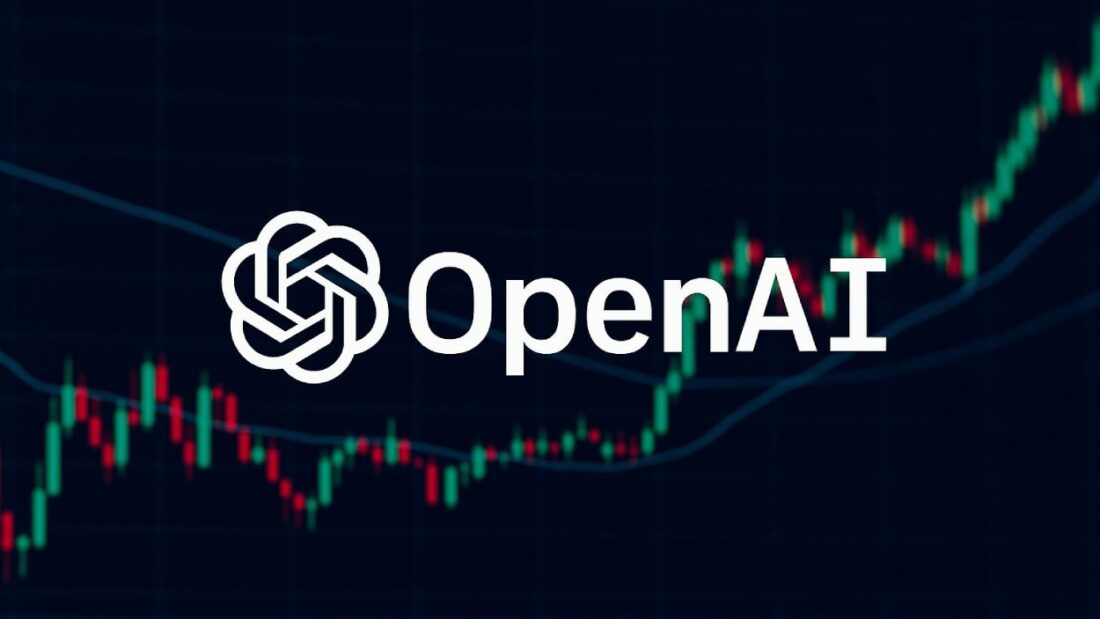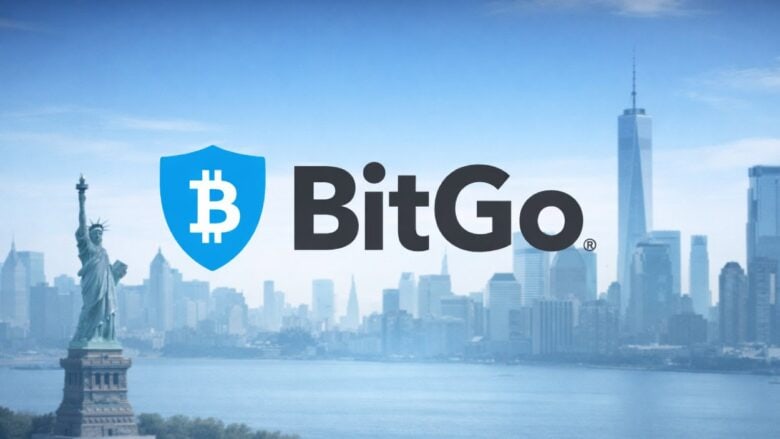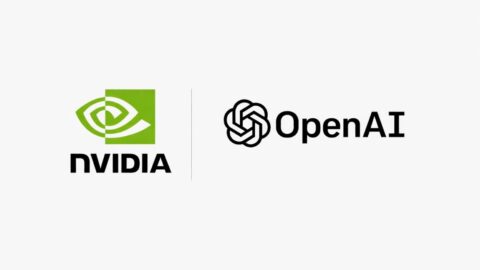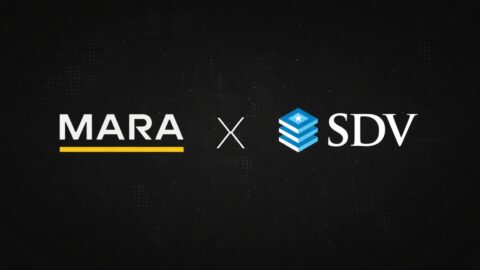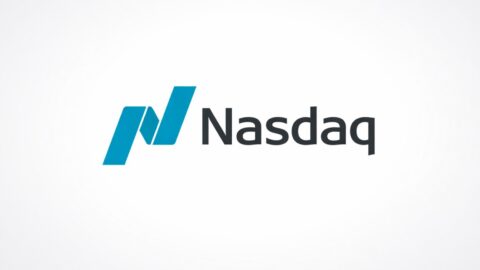OpenAI is reportedly preparing for one of the most ambitious IPOs in history, potentially launching as soon as late 2026 with a valuation that could reach $1 trillion.
Key Takeaways
- OpenAI is considering a public listing valued at up to $1 trillion, with filings possibly starting by the second half of 2026.
- The company may look to raise at least $60 billion, depending on market and business conditions.
- A recent corporate restructuring has reduced OpenAI’s dependency on Microsoft, signaling readiness for capital market entry.
- CEO Sam Altman confirmed that an IPO is the “most likely path” due to the company’s growing capital needs.
What Happened?
OpenAI, the maker of ChatGPT, is laying the foundation for an initial public offering that could value the company at up to $1 trillion, according to several sources familiar with the matter. While still in early stages, the potential listing could begin as early as late 2026 or push into 2027, depending on internal growth and market factors.
BREAKING: OpenAI prepares for IPO targeting up to $1 trillion valuation, planning to raise at least $60 billion with a listing in 2027.
— WOLF (@WOLF_Financial) October 29, 2025
The company aims to file as soon as H2 2026. At $1 trillion, OpenAI would enter public markets as one of the most valuable companies ever to… pic.twitter.com/nE58E7Qtz3
OpenAI’s Push Toward the Public Markets
OpenAI’s IPO plans come at a time of explosive interest in artificial intelligence. Sources indicate that the company is engaged in early discussions with advisers and is preparing to file with securities regulators. Although still tentative, OpenAI is aiming to raise at least $60 billion in capital from public markets.
CFO Sarah Friar has reportedly told associates that a 2027 listing is the target, though some advisers believe the IPO could happen sooner. During a livestream event, CEO Sam Altman acknowledged the public offering as a likely move, saying, “I think it’s fair to say it is the most likely path for us, given the capital needs that we’ll have.”
A spokesperson for OpenAI emphasized that an IPO is not the current focus, stating:
Restructuring Clears Path for IPO
OpenAI’s IPO push follows a significant internal restructuring. Originally founded as a nonprofit in 2015, the company has undergone several transformations. Most recently, OpenAI restructured under a new entity called the OpenAI Foundation, which retains a 26 percent stake in the OpenAI Group and holds warrants to acquire more shares if certain milestones are met.
This shift maintains the nonprofit’s control but allows the for-profit arm more flexibility. It also reduces OpenAI’s dependence on Microsoft, which invested $13 billion and currently holds about 27 percent of the company.
Financials and Market Context
According to insider reports, OpenAI is projected to reach an annualized revenue run rate of $20 billion by the end of this year, although its expenses are also rising. The company is currently valued at around $500 billion.
An IPO would allow OpenAI to raise funds more efficiently and potentially pursue large-scale acquisitions. This is especially important given CEO Altman’s plans to invest trillions into AI infrastructure, including computing power and research.
The timing aligns with broader market enthusiasm for AI stocks. CoreWeave, an AI cloud company, recently went public at $23 billion and has since tripled in value. Meanwhile, Nvidia reached a $5 trillion market cap this week, underscoring the sector’s momentum.
CoinLaw’s Takeaway
This move feels like a natural evolution for OpenAI. From a nonprofit to one of the world’s most valuable AI companies, the journey has been wild to watch. In my experience, companies that prepare this early and restructure to streamline their financials are serious about going public. Whether it happens in 2026 or 2027, the excitement is real. I found Altman’s openness about their capital needs refreshingly transparent. If they execute well, this IPO could be a defining moment not just for OpenAI, but for the entire AI ecosystem.

